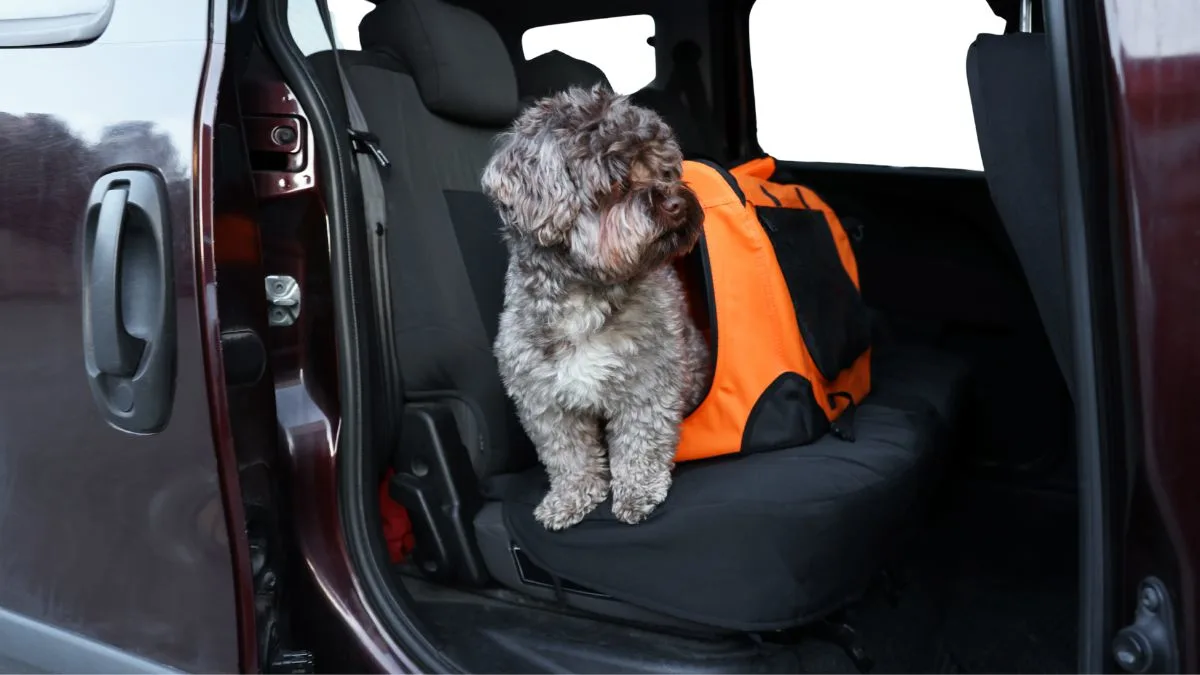Traveling opens the door to exciting experiences, from exploring new cultures to visiting breathtaking destinations. However, Safe Travels should always be a top priority when planning your journey.
If you’re traveling abroad or just across the country, taking the right precautions ensures that you stay secure, healthy, and stress-free throughout your adventure.
Why Safe Travels is Important:
Traveling can be one of the most enriching experiences, but it’s crucial to be aware of the risks involved. From health issues to personal safety, unexpected challenges can arise at any time.
By taking the right precautions, you protect not only your physical well-being but also ensure that your trip is enjoyable and stress-free. Here’s why travel safety is essential:
-
Protecting Your Health and Well-Being: Traveling exposes you to new environments, weather conditions, and health risks, especially in foreign countries. Prioritizing health and safety ensures you avoid illnesses, accidents, or injuries while abroad.
-
Avoiding Common Travel Risks: Theft, scams, and other security issues can be prevalent in tourist-heavy destinations. By taking the necessary precautions, you can avoid common travel risks.
-
Peace of Mind While Traveling: Knowing that you’ve taken steps to safeguard yourself and your belongings means you can fully immerse yourself in your travel experience without constant worry.
Pre-Travel Safety Preparation:
Preparation is key when it comes to safe travels. Here are some essential steps to take before you leave:
1. Research Your Destination
One of the most important things you can do before traveling is to research your destination. Learn about local customs, laws, potential safety concerns, and any travel advisories. Government websites and travel forums are great resources for up-to-date information.
-
Understand the political climate and areas to avoid.
-
Check if there are any current health advisories, like outbreaks of disease.
-
Know basic phrases in the local language to navigate emergencies.
2. Travel Insurance
Travel insurance is one of the best investments you can make for a worry-free trip. It covers a range of situations, including trip cancellations, medical emergencies, lost luggage, and theft. Ensure your policy covers the destinations you’re visiting and any activities you plan to do, such as hiking or water sports.
3. Packing Essentials for Safety
When packing, be mindful of safety-related items that will help you stay secure:
-
Copies of important documents: Make photocopies of your passport, visa, travel insurance, and emergency contacts. Store them separately from the originals.
-
Medication and medical supplies: Pack any necessary prescriptions, along with a basic first-aid kit (bandages, pain relief, antiseptic wipes, etc.).
-
Security devices: Consider packing a luggage lock, anti-theft backpack, or portable phone charger to stay connected.
Read Next: 10 Best Travel Bag
Health and Wellness Safety While Traveling:
Maintaining your health while traveling is essential, as unfamiliar environments can lead to health challenges.
1. Staying Healthy on the Road
-
Vaccinations: Ensure you’re up-to-date on any recommended vaccines for your destination.
-
Water Safety: In some regions, tap water may not be safe to drink. Always opt for bottled water or use a portable water filter.
-
Avoiding Food Illnesses: Be cautious about street food and ensure your food is thoroughly cooked to avoid foodborne illnesses.
2. Managing Medications and Health Issues
-
Pack enough medication: If you take prescription medications, bring enough for the entire trip, along with a doctor’s note in case you need to show your prescription at customs.
-
Allergy management: If you have known allergies, make sure to carry allergy medications and inform anyone who might need to assist you.
3. Hydration and Food Safety
-
Always drink enough water, especially in hot climates, to stay hydrated. Carry a reusable water bottle to refill as needed.
Keeping Your Belongings Safe:
Losing your valuables or falling victim to theft can ruin your trip. Here are some tips to protect your belongings:
1. Preventing Theft and Loss
-
Avoid flashy items: Keep expensive jewelry, gadgets, and flashy clothing to a minimum to avoid drawing attention.
-
Use anti-theft bags: Anti-theft backpacks and money belts are designed to prevent pickpockets and theft.
-
Don’t carry too much cash: Only take what you need for the day, and keep it in a secure location.
2. Important Documents Safety
-
Keep your passport, ID, and other essential documents in a hotel safe or money belt. Carry a copy in case you lose the originals.
Staying Safe During Transportation:
Getting from one place to another can sometimes be risky. Here’s how to stay safe during your travels:
1. Air Travel Safety Tips
-
Keep your valuables in your carry-on bag, and always keep it within your sight.
-
Double-check your flight details and ensure your airline is reputable.
2. Ground Transportation and Public Transport
-
In taxis and rideshares, always check the car’s license number and ensure the driver is legitimate.
-
Use reputable transportation options, such as official taxis or ridesharing services like Uber.
3. Ridesharing and Taxis
-
Confirm the driver’s identity before entering the vehicle.
-
Share your travel details with a friend or family member, including the car’s license plate number.
Personal Safety During Your Trip:
When you’re in an unfamiliar place, being aware of your surroundings is crucial for personal safety.
1. Avoiding Unsafe Areas
-
Stick to well-lit, populated areas, especially at night.
-
Ask locals or hotel staff about areas to avoid for safety reasons.
2. Trusting Your Instincts
If something feels off, trust your gut and remove yourself from the situation. It’s better to be cautious than risk your safety.
3. Staying Connected with Loved Ones
Keep in touch with friends or family regularly, especially if you’re traveling solo. Share your itinerary and check in frequently.
Emergency Preparedness While Traveling:
It’s always good to have a plan in place for emergencies.
1. How to Handle Emergencies Abroad
-
Know the local emergency numbers (ambulance, police, fire) and the location of the nearest embassy or consulate.
-
Have a basic understanding of emergency medical services available in your destination.
2. Emergency Contacts and Local Resources
Keep a list of emergency contacts in your phone and on paper. This should include local hospitals, the nearest embassy, and any friends or family members who can assist in case of an emergency.
3. First-Aid Kits and Self-Defense
Carry a basic first-aid kit, especially if you’re venturing into remote areas. Consider learning basic self-defense techniques or carrying items like pepper spray if it’s legal in the destination.
Last Call:
While no trip is without risks, taking the right safety measures can help you travel with confidence and peace of mind.
By preparing for your trip, staying vigilant during your travels, and knowing how to handle emergencies, you ensure a secure and enjoyable journey.
Remember, a little bit of preparation can go a long way in keeping you safe during your adventures.
CTA:
Planning a trip soon? Make safety a priority by following these essential travel tips.
Stay prepared, stay secure, and enjoy your next adventure with confidence. Subscribe to our newsletter for more travel safety tips and updates!
FAQs:
Q: How can I stay safe while traveling solo?
A: Travel with caution, stay aware of your surroundings, keep in touch with loved ones, and avoid unsafe areas. Consider using safety apps and services for peace of mind.
Q: What should I do if my passport is lost or stolen abroad?
A: Contact your country’s embassy or consulate immediately to report the loss and obtain a replacement passport.
Q: How can I protect my valuables while traveling?
A: Use anti-theft bags or money belts, avoid carrying large amounts of cash, and keep your valuables in a safe place.


